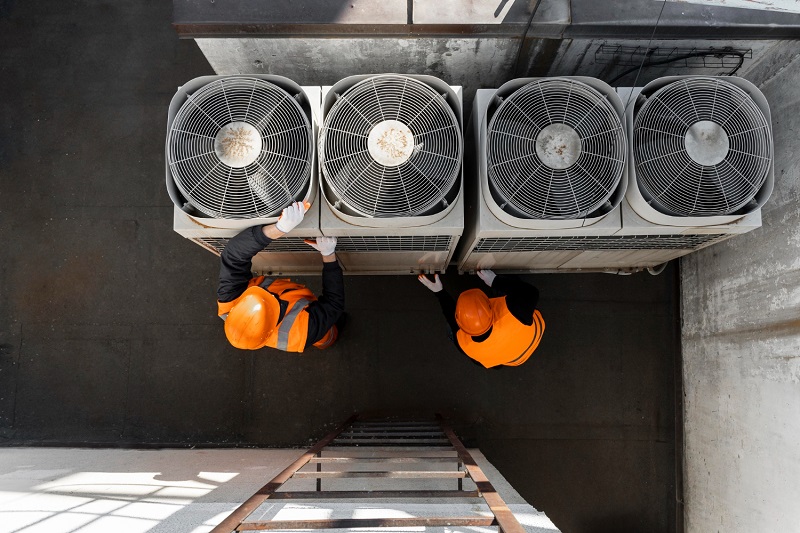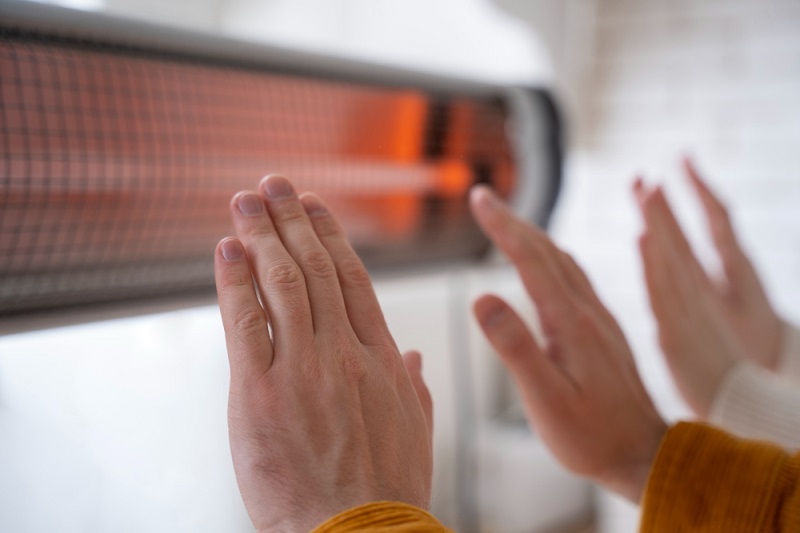The Impact of Heating and Cooling on Your Home: Energy Efficiency, Comfort, and Maintenance
When it comes to your home, one of the most critical aspects is the heating and cooling system. It directly impacts your comfort, the energy efficiency of your house, and even your health. But what exactly is the effect of heating and cooling on your home? Why is it such a critical component of home maintenance? Let’s delve into the details.
The Role of Heating and Cooling Systems
Heating and cooling systems, also known as HVAC (Heating, Ventilation, and Air Conditioning) systems, are integral to any home. They regulate the temperature and humidity levels inside your house, ensuring a comfortable living environment regardless of the weather outside.

Energy Efficiency and Cost Implications
The impact of heating and cooling on a home’s energy efficiency can’t be understated. HVAC systems account for approximately half of a household’s energy consumption. By improving energy efficiency, homeowners can significantly reduce their monthly energy bills. This includes regular system maintenance, using energy-saving settings, and upgrading to energy-efficient models.
Comfort and Indoor Air Quality
A well-regulated heating and cooling system not only maintains comfortable temperature levels but also ensures good indoor air quality. HVAC systems filter out pollutants, allergens, and dust from the air, contributing to a healthier and more comfortable living environment.
Home Maintenance and HVAC Systems
Regular maintenance of your heating and cooling system is crucial for its longevity and performance. Keeping your HVAC system in top shape can prevent costly repairs or replacements down the line. Regular maintenance includes cleaning or replacing filters, checking system components for wear and tear, and professional inspections.
Insulation and Its Impact on Heating and Cooling
Insulation plays a significant role in the efficiency of your heating and cooling system. It helps keep your home warm in the winter and cool in the summer by reducing heat transfer. A well-insulated home requires less energy to heat and cool, leading to lower energy costs.
The Thermostat: The Control Center of Heating and Cooling
The thermostat is the brain of your heating and cooling system. It controls when and how much your system operates based on your settings. Smart thermostats can further increase energy efficiency by learning your schedule and adjusting temperatures automatically to save energy when you’re away from home.

Conclusion: The Way Forward for Sustainable Homes
The impact of heating and cooling on your home is significant. It affects your comfort, health, energy costs, and overall home maintenance. As we move towards a more sustainable future, it’s essential to consider how we can improve the efficiency and effectiveness of our heating and cooling systems. Whether through regular maintenance, smart thermostats, or better insulation, there are multiple ways to make your home more energy-efficient and comfortable.
In the end, a well-managed heating and cooling system is not just an investment in your home; it’s an investment in your comfort and well-being.
